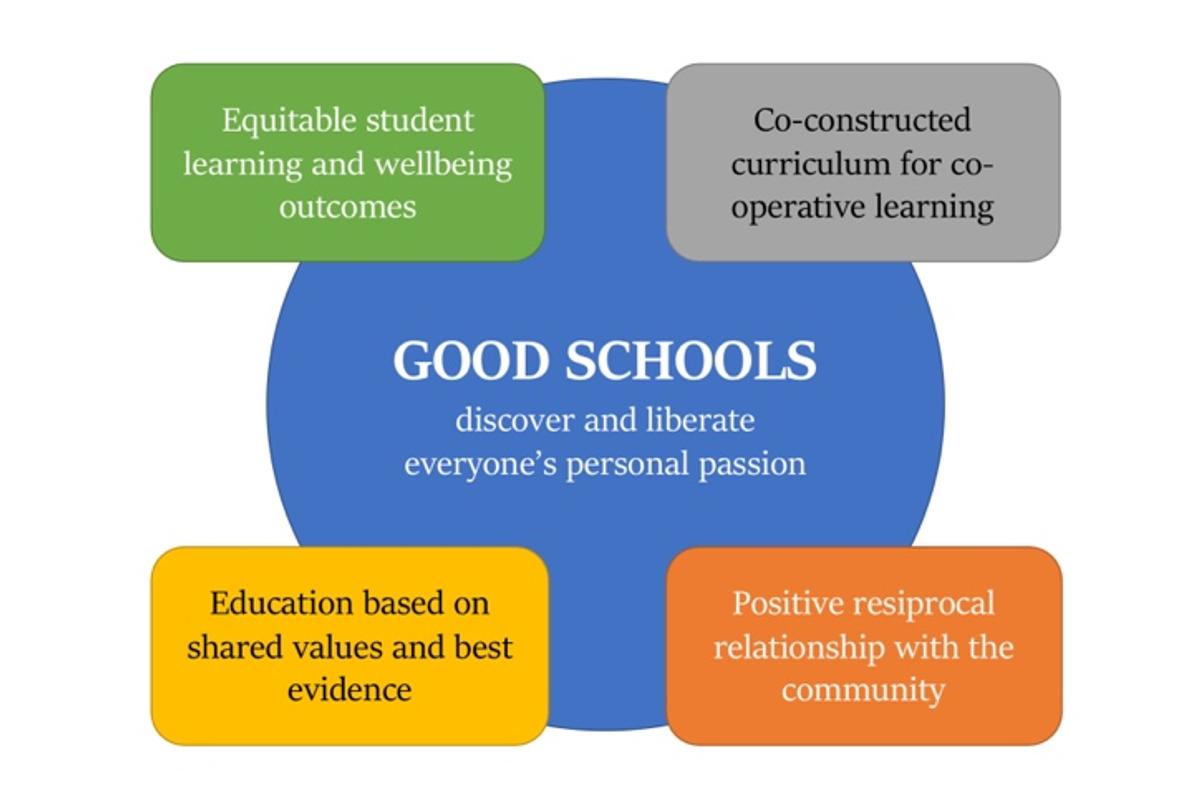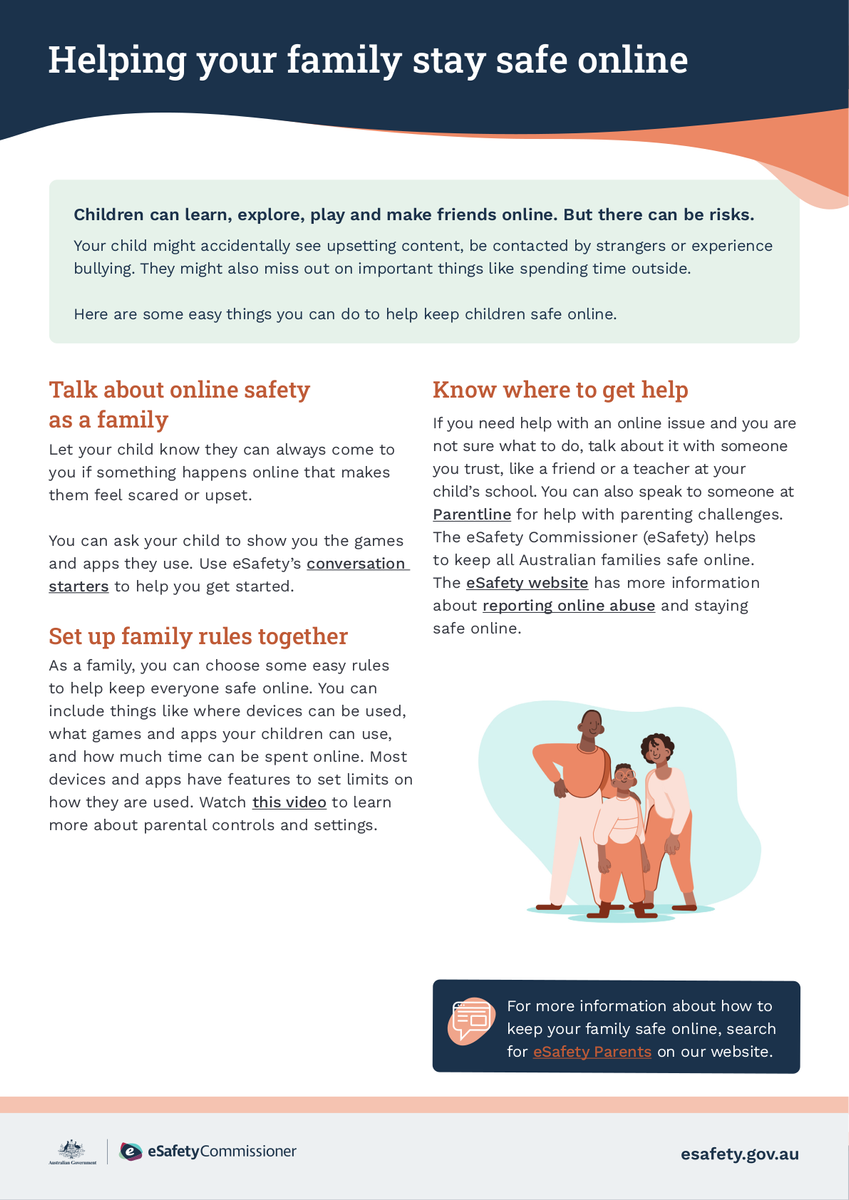Thrive & Flourish

Have you ever stopped to think about how your priorities change over time? From when you are young and entering the workplace, to when you have children, to when you are thinking about retirement and then looking back on your life. Now is a good time to think about it.
“I don’t suppose anybody ever gets to their deathbed scene wishing they’d spent more time at the office. You only have your kids for a while; they’re only small once, so why not enjoy them? Parenting has its drudgery and its stresses and low moments. Kids break your heart and wear you out, but anything that’s important will cost you something.”
“Parenting can be difficult, but the reward is so great” – Tim Winton
Top Tips for Prioritising Parenting
The benefits of prioritising can be felt in the wellbeing of yourself, your kids, your family and your relationships.
Here are some tips to help you prioritise your family more with work.
- Assess your balance. Assess your work-family priorities and compare these against how you currently are using your time.
- Have open honest discussions with your partner/family. Talk about what is most important for everyone involved and be willing to compromise.
- Explore ways to add some extra time with your kids. Some great times for discussions and keeping in touch with your kids are in the car, walking together somewhere or doing chores together.
- Join forces with other mums, father figures and/or parents at work. Be open at work about being a father, and that family is important to you. Normalise the way you prioritise parenthood at work by making sure your colleagues know you’re a mum or a dad.
- Involve the children in your work. Organise to bring them to work and/or introduce them to your colleagues. Show them what you do each day so they can feel more connected to you. This can give them new appreciation for what you do as well as giving you more things to talk about and share about each other, especially as they get older.
WHATS ON OFFER:
Did you know at Sacred Heart School we have on offer a variety of activities and programs to support our children with social and emotional needs. These programs are offered by staff here at the school and some by external providers. They include:
- Workshop wonders - building and creating with wood
- Emotikids - helping kids from F – 2 regulate emotions
- Chill Skills - supporting children to become calm and relaxed
- Secret Agents Society (SAS) – supporting children and their parents with Autism
- Gardening Gurus – establishing and maintaining our vegetable patch
- Brum Beat – using drums to express yourself
- Art Therapy – using art as a means of self-expression
- Positive Play – lunch time activities for those children that find the playground hard to navigate
- Sand Therapy – Neta Kirby (per need basis offsite)
- Counselling services – Catholic Care
- Season for Growth – a program to help with loss and grief
- A school pastoral wellbeing officer (one day per week)
- Speech Pathology – for children in need of therapy (fortnightly)
- Occupational Therapy – for children identified with particular needs (fortnightly)
Our hope is to support our children to be happy and healthy enabling them to be the best learners they can be. If you would like to know, more come along to our next cuppa and conversation or come in and see us.
Alla prossima settimana.
Non-attendance has a variety of effects on students, both academically and socially. Absenteeism can increase social isolation, including alienation and lack of engagement with the school community and peers, leading to emotional and behavioural difficulties (Carroll, 2013; Gottfried, 2014). It is also associated with an increased likelihood of drop-out (Keppens & Spruyt, 2017; London, Sanchez, Castrechini, & Castrechini, 2016). There are a variety of interrelated factors that influence attendance rates. Some factors are school-related while others relate to individual and family contexts. Critically, the evidence suggests that early attendance and declining attendance habits from primary to secondary school have important ramifications for later years of schooling and student outcomes. Hancock et al. (2013) investigated the relationship between Australian student attendance and achievement across the NAPLAN domains of numeracy, reading and writing, across various school (e.g., school SES and school remoteness), individual and carer characteristics. They found a number of key insights about non-attendance.
If you child is questioning coming to school then talk with them and the importance of learning. If you need support, consider reaching out to your child’s teacher or other members of staff may help you talk about absences. It is important to know that you are supported in this matter and that school attendance is critical for ongoing learning success.





